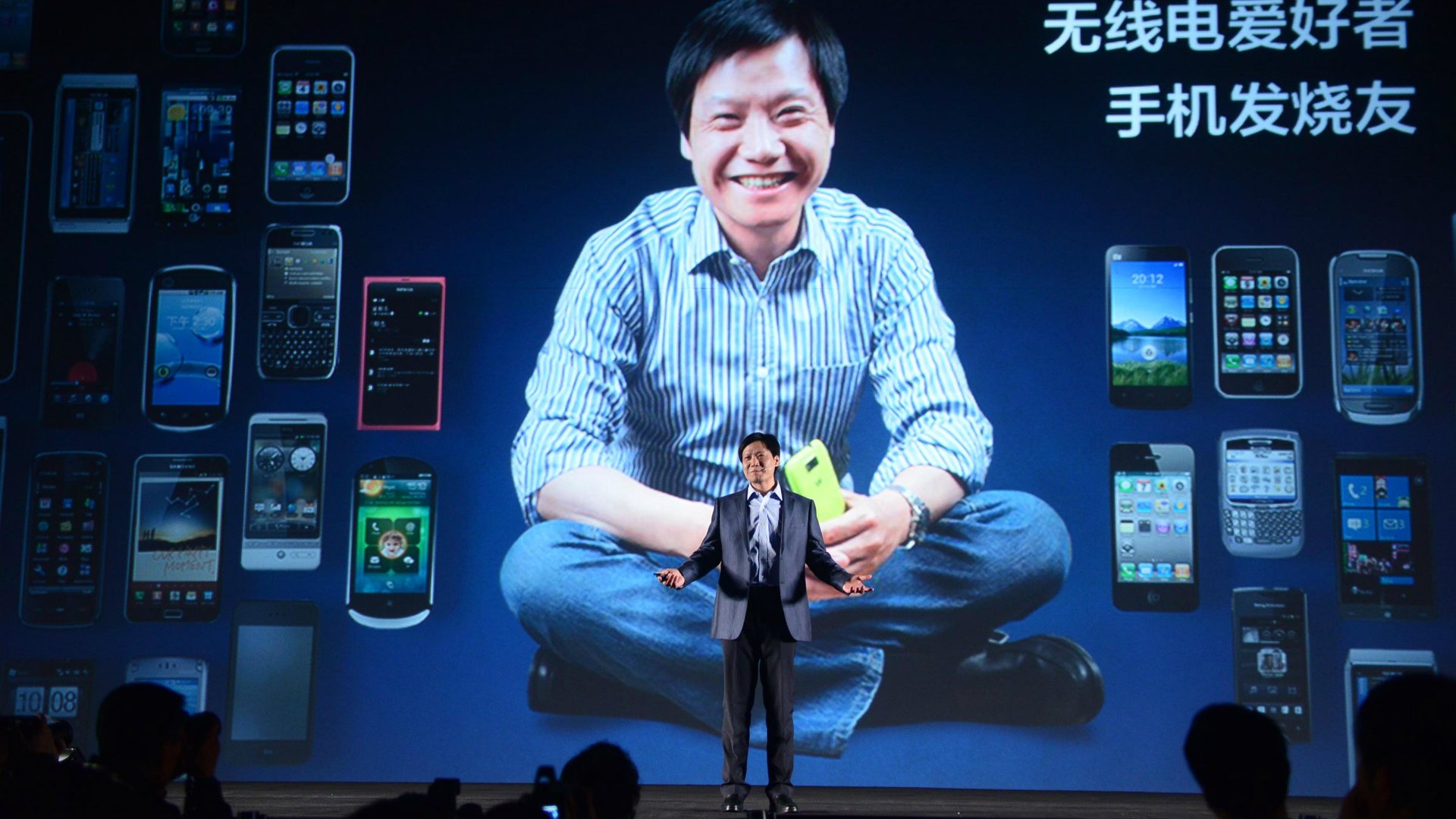Apple and Samsung are fighting tooth and nail, but it’s Chinese smartphone makers they should be worried about
Apple and Samsung share 52% of worldwide smartphone sales, but as well as fighting each other they are facing at least three serious rivals from mainland China. In an effort to take on the rest of the world, those rivals are leveraging huge domestic demand—sales in China are expected to reach 240 million units in 2013, almost twice the number in the US.


Apple and Samsung share 52% of worldwide smartphone sales, but as well as fighting each other they are facing at least three serious rivals from mainland China. In an effort to take on the rest of the world, those rivals are leveraging huge domestic demand—sales in China are expected to reach 240 million units in 2013, almost twice the number in the US.
So who are the likely Chinese contenders?
Lenovo
Cash-rich Lenovo is actively discussing a joint venture with “multiple parties” to tackle the global smartphone market, reported the Wall Street Journal (paywall) on Tuesday. Already number two in China’s smartphone market after Samsung, with an 11% market share, Lenovo would love to repeat its success in the PC market, where it established a global brand name through aggressive dealmaking and took on entrenched US competitors like Dell and Hewlett-Packard—especially now that PC sales look to be in terminal decline.
Lenovo’s latest negotiations are with the Japanese company NEC Corp, according to Reuters, who Lenovo already partners with to make PCs. A deal could involve a mobile joint venture, or even an outright acquisition of NEC by Lenovo. Blackberry and Nokia have also been mentioned as possible Lenovo partners.
Xiaomi
CEO Lei Jun’s brainchild is chipping away at the stereotype that Chinese tech companies can’t innovate. Certainly, Xiaomi has been accused of producing an Apple iPhone lookalike (and Lei of imitating Steve Jobs), but when the company started using a hyperactive online user forum to generate ideas for software updates, it was clear that Xiaomi was breaking the Apple mold. Its reward? Xiaomi is likely the fastest growing tech company ever.
Xiaomi sold $2 billion worth of handsets in China last year, mostly on mid-level phones that are cheaper than the iPhone or Samsung’s Galaxy—in part because it sells directly to consumers online. The company’s phones use a highly modified version of Android called MIUI that releases updates directly to users once a week, rapidly adding features that they suggest. It expects sales to nearly double this year.
Huawei
Although Huawei’s global reputation has been dented (paywall) by a US congressional investigation that found it (and ZTE, another Chinese giant) to be a risk to national security, its expansion in China and the developing world is impressive. It is the third-largest global smartphone maker by sales, selling 74% more in 2012 than 2011. This year it hopes to nearly double the number of smartphone handset sales, to 50-60 million.
Huawei’s size makes it formidable, even if it is not a commonly-recognized global brand. An analyst at Gousen Securities in Hong Kong told Bloomberg recently that Huawei is the only Chinese smartphone maker “that has the capability to enter into the high-end market. It is the only Chinese brand that can produce a quad-core chipset.” It may not have the design chops to make smartphone geeks drool—the biggest selling point of its flagship Ascend D2 phone is that it’s water resistant—but the company has the economies of scale to be a serious threat in the middle and low end of the market.

The Rest
As TechRice explained earlier this year, the cycle of smartphone adoption in China is expected to go something like this: “First, foreign brands establish the market. Second, Chinese brands rise to the top. Third, hundreds of small no-name Chinese manufacturers take over the bottom and middle of the market.”
Lenovo, Xiaomi, and Huawei may not have much time to enjoy their ascendancy.